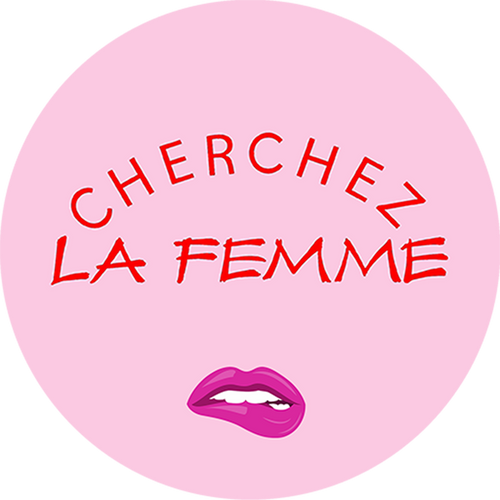This past year we’ve witnessed an explosion of AI tools that became available to everyone using the internet.
From ChatGPT to MidJourney, AI generated images, graphic design and headshots, this list can go on forever.
The Benefits Of AI For Small Businesses

In the past, it would have been understandable to hesitate in exploring the potential applications of AI. However, recent use cases have proven AI to be a valuable resource for businesses of all sizes. The momentum of AI continues to grow exponentially, and integrating cutting-edge technology in a business’ operations can revolutionise a small or medium-sized company.
There are various AI tools accessible to companies, from sales to marketing to accounting and more. These tools can provide time-saving benefits:
- Analysis: AI’s ability to provide data-driven and predictive analysis is particularly effective in sales forecasting and personalised marketing.
- Customer Care: Chatbots, powered by AI technology, are becoming a common first line of engagement with customers. They require less manual labour and speed up the initial communication and information delivery.
- Marketing Efforts: AI capabilities are particularly beneficial for marketing departments, particularly in content creation. AI software can generate content for blogs, social media, and newsletters. However, it's important to have a human touch involved in the final piece, as AI-generated content can still contain factual errors or come across as too mechanical to readers.
- Recommendation Algorithms: With the right data sets and proper machine learning, recommendation algorithms can successfully guide customers to actions they’re likely to respond to positively.
Artificial Intelligence isn't just something businesses can expect to see in the future. It's already here, and it's helping us all to streamline our operations.
Exploring the Ethics of AI-Generated Creative Content

Generative AI can surely unlock new creative potential for users, but its rise also raises ethical concerns. Developers and users alike should consider the limits of AI and the implications of AI-generated content becoming mainstream.
For example, the emergence of AI-generated music on TikTok, is one of the main issues when it comes to the ethicality of AI. On this social platform, users can experience their favourite singers covering songs by other artists, presenting a copyrighting challenge. However, this trend extends beyond the music industry, as evidenced by fashion and art. Companies like Midjourney and Stability AI use AI programs to collect billions of images online without the consent of the original creators and create new images from these.
AI-generated content presents a challenge to the traditional definition of "art" by removing the human expression and emotion from it. Moreover, the fact that AI is trained on existing trends and data sets may result in a decline in the quality or originality of AI-generated products. For many, the lack of human creativity and expression in AI-generated art is a major concern, and they are hesitant to support such work. While a lot of creatives are scared that these new technologies will soon replace their work; many others say that while AI has the power to revolutionise art creation, it's not likely to replace human artists and that this tool is only at its best of capabilities when used to enhance human creativity.. Generative AI is instead a valuable tool that can help artists explore new possibilities, but it still requires human creativity to guide it. Earlier this year, legendary musician Nick Cave wrote an extraordinary letter to his fans about the threat ChatGPT poses to human creativity, which you can check out here.
Although technological advancements like artificial intelligence are often celebrated for their potential to enhance current systems and invent new solutions, it's important to take a step back and reflect on whether these technologies are fair, accessible, and advantageous to all. As with any new technology, some creative processes may become more efficient with AI, but the human element remains essential to the art-making process.
[info sourced on theconversation.com, forbes.com and academycronichle.com
All images sourced on canva.com]

